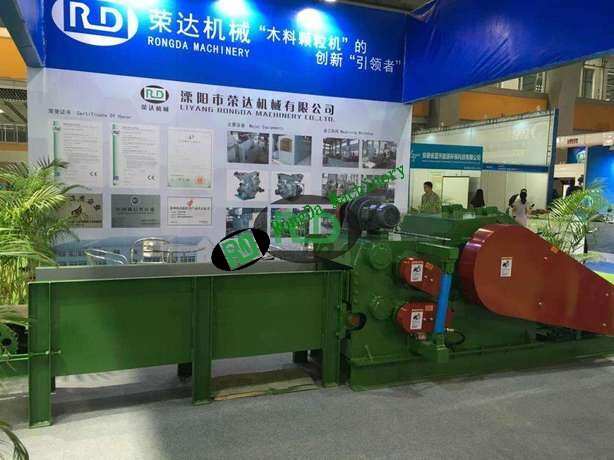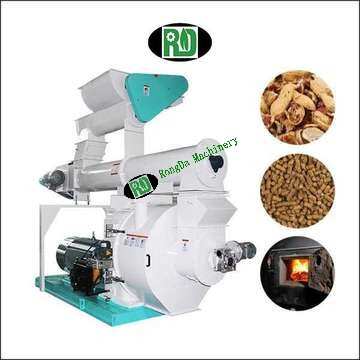Welcome to Rongda Machinery Co., Ltd
Toggle Navigation
Look, if you're reading this, you probably already know that biomass pellets are becoming a big deal. The renewable energy market isn't just some trendy buzzword anymore – it's real business. But here's the thing: jumping into pellet production without the right equipment is like trying to bake bread with a broken oven. You might get something, but it won't be what you wanted.
The truth is, a decent biomass pellet machine can make or break your entire operation. I've seen too many people get burned by cheap equipment that breaks down after six months, leaving them with nothing but repair bills and frustrated customers.

First things first: forget about fancy marketing materials. What you need to know is whether these machines can actually handle what you're throwing at them. I'm talking about consistent output day after day, not just the numbers they quote in perfect lab conditions.
The best manufacturers? They'll show you real performance data from actual customers. They'll tell you about the weaknesses too, not just the strengths. If someone's trying to sell you a "perfect" machine, run the other way.
Here's something most articles won't tell you: every biomass operation is different. Maybe you're processing sawdust from a furniture shop, or maybe you're dealing with agricultural waste that changes with the seasons.
The manufacturers worth your time will ask you detailed questions about your raw materials, your production goals, and your space constraints. They won't just try to sell you their standard model and call it a day. Good customization isn't about fancy add-ons – it's about making sure the machine actually works for YOUR specific situation.
Let's be honest – machines break down. Parts wear out. Operators make mistakes. What separates the good manufacturers from the mediocre ones is what happens next.
You want someone who answers the phone when you call at 2 PM on a Tuesday because your pelletizer just stopped working. You want spare parts that don't take three weeks to ship from overseas. And most importantly, you want training that actually prepares your team for real-world problems, not just the happy-path scenarios.
I've seen operations lose thousands of dollars in downtime because their manufacturer considered "training" to be a two-hour PowerPoint presentation.
Here's a reality check: your electricity costs don't care about your environmental good intentions. If your pellet machine is an energy hog, those monthly utility bills will eat into your profits faster than you can say "carbon neutral."
The smart manufacturers design their equipment with energy efficiency baked in from the start. We're talking about optimized motors, better heat recovery systems, and smarter control systems that don't waste power when they don't need it.
You know what's more valuable than a manufacturer's sales pitch? Talking to someone who's actually been using their equipment for two years. The companies that have been around for a while and have happy customers aren't afraid to connect you with references.
Ask about their biggest challenges, their maintenance schedules, and whether they'd buy from the same manufacturer again. Those conversations will tell you more than any spec sheet ever could.

Picking a biomass pellet machine manufacturer isn't just about buying equipment – you're choosing a business partner. You want someone who'll be there when things get tough, who understands your industry, and who builds machines that actually work in the real world, not just on paper.
The renewable energy industry is growing fast, but that also means there's a lot of fly-by-night companies trying to cash in. Do your homework, ask the tough questions, and don't let anyone rush you into a decision. Your future self will thank you when your machine is still running smoothly three years from now while your competitors are dealing with their third major repair.